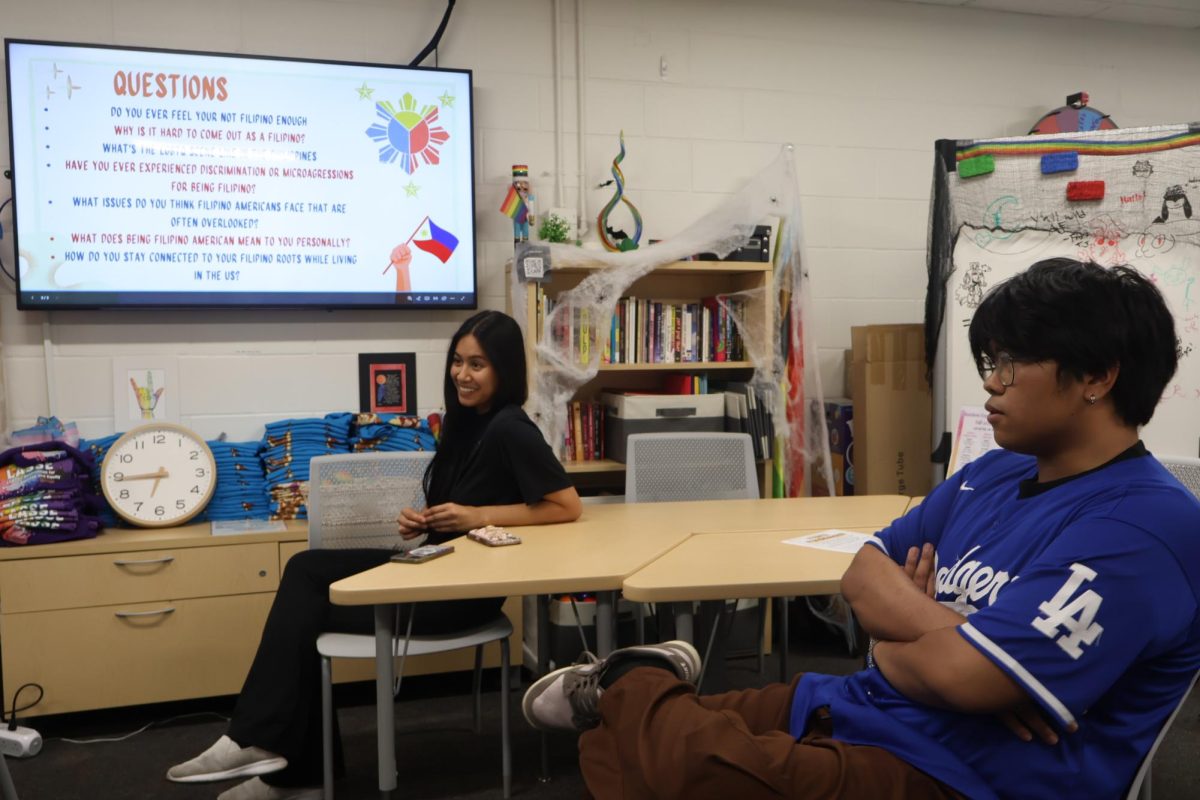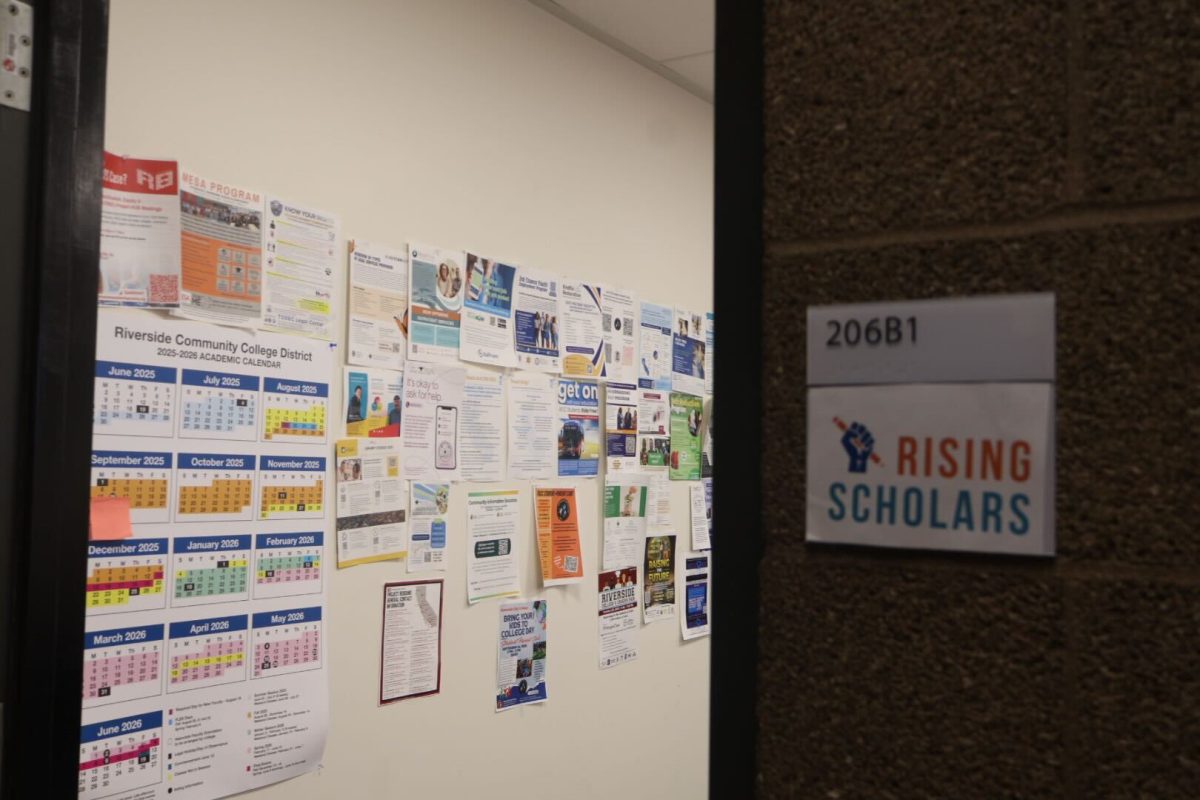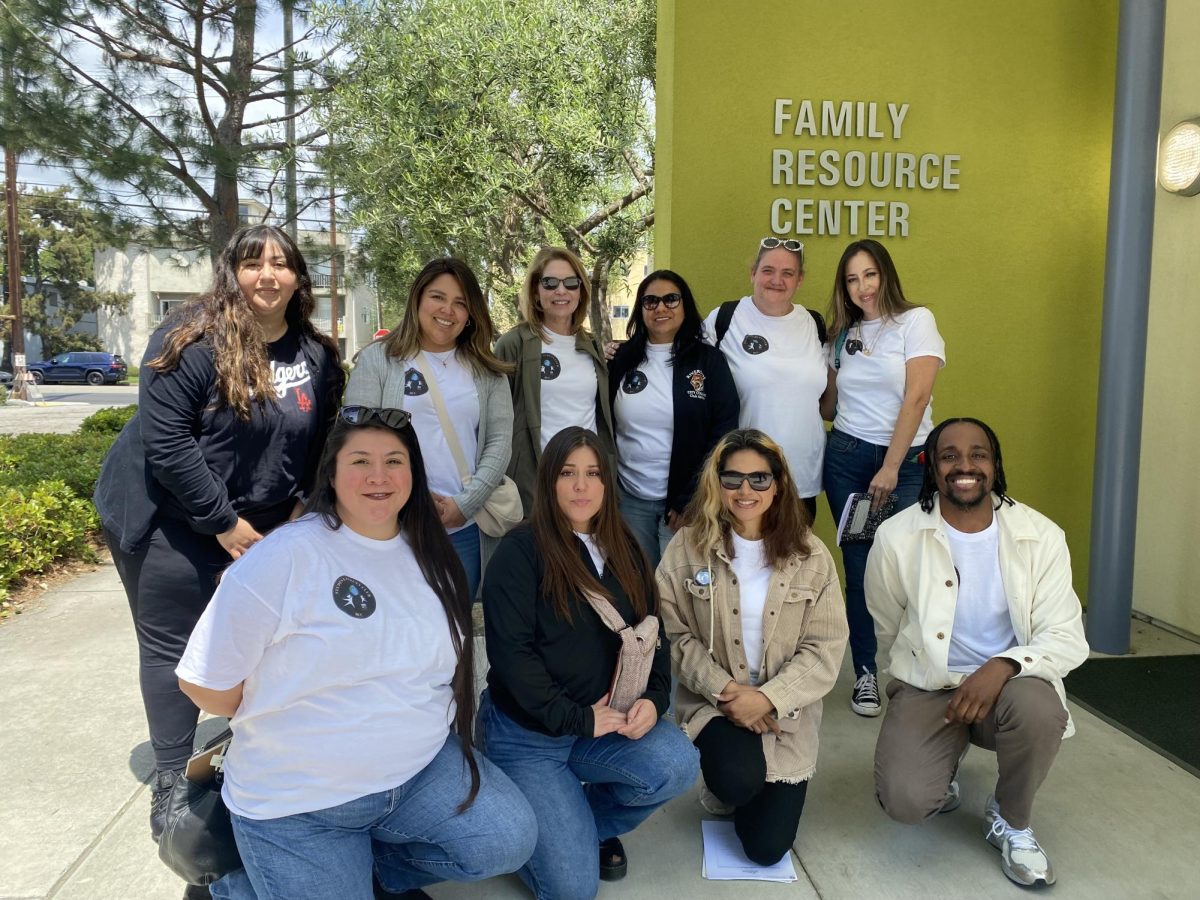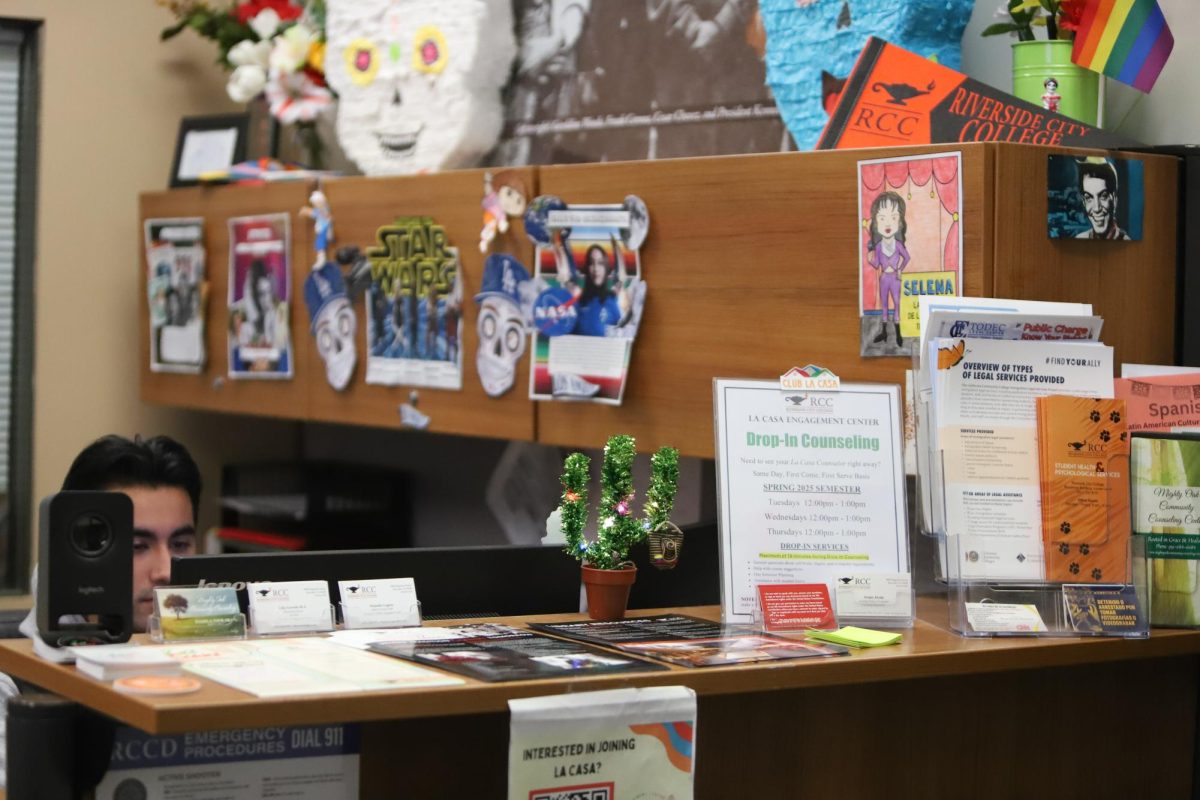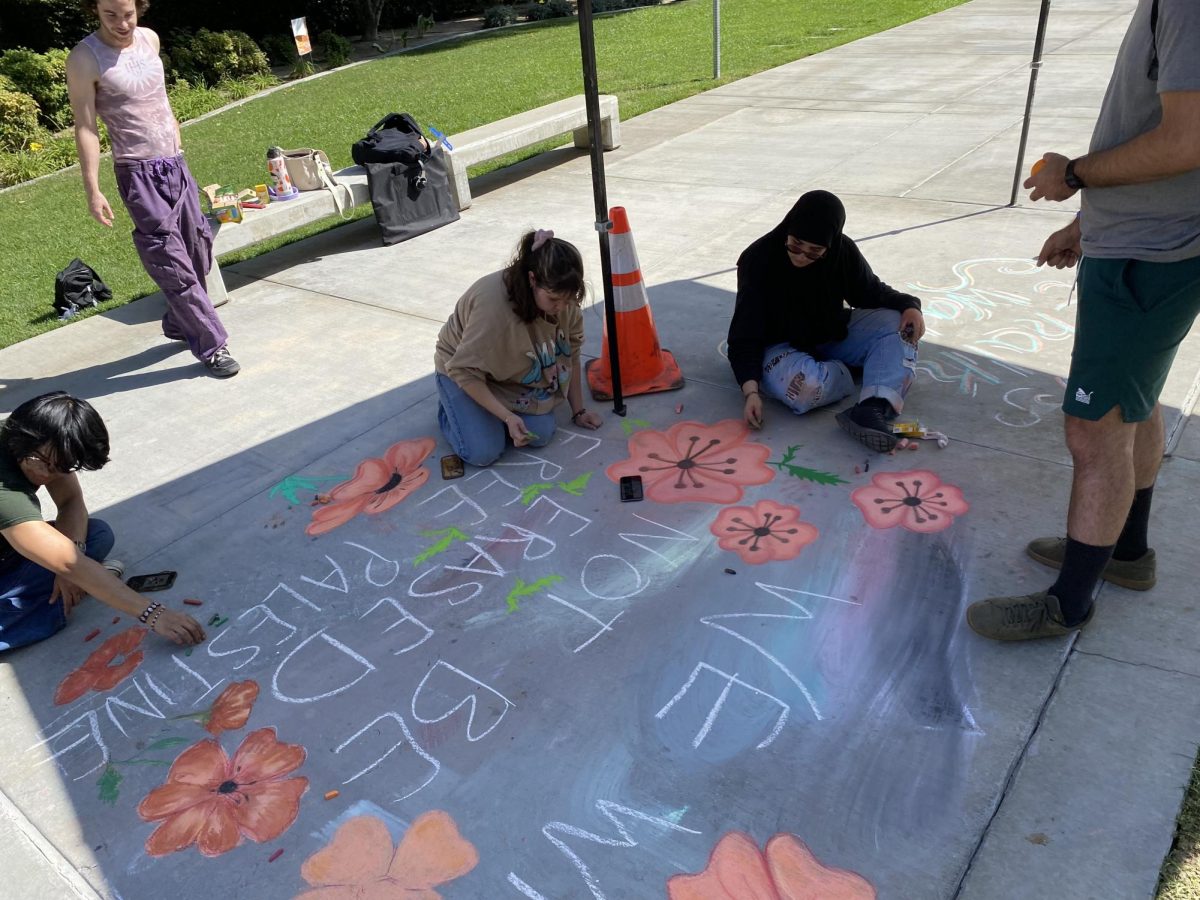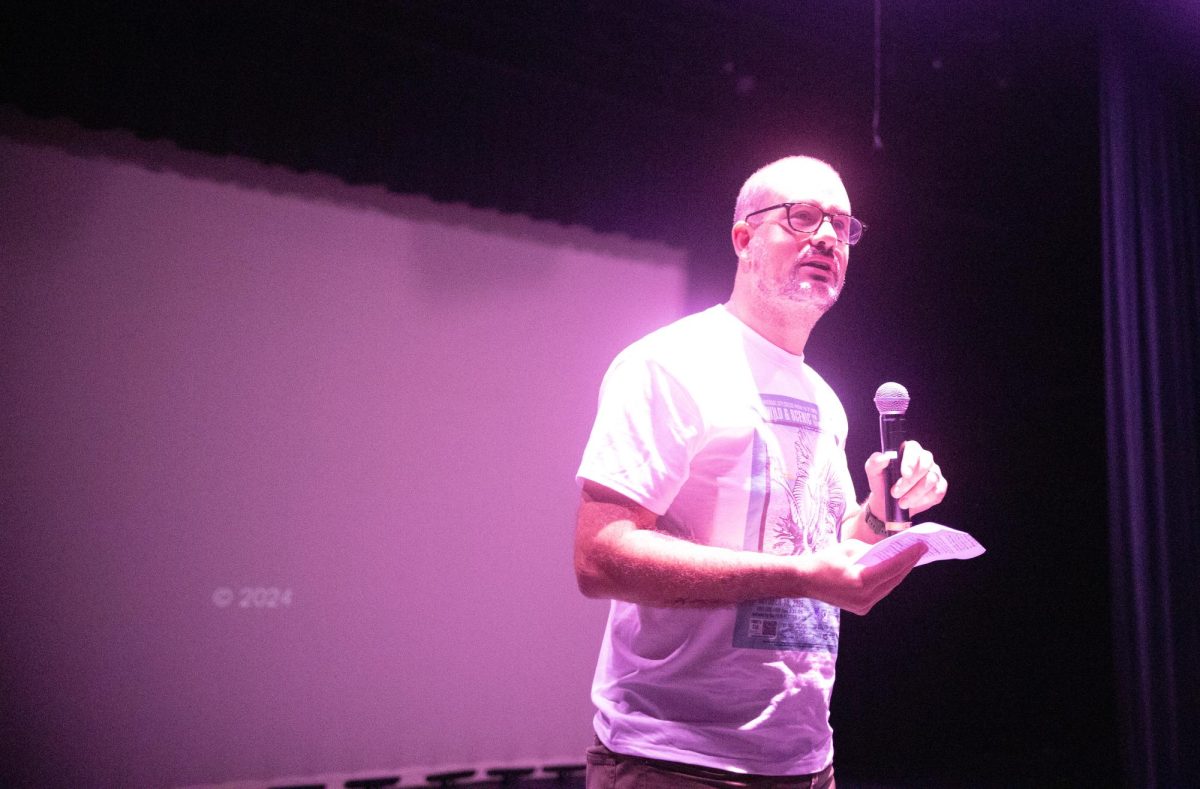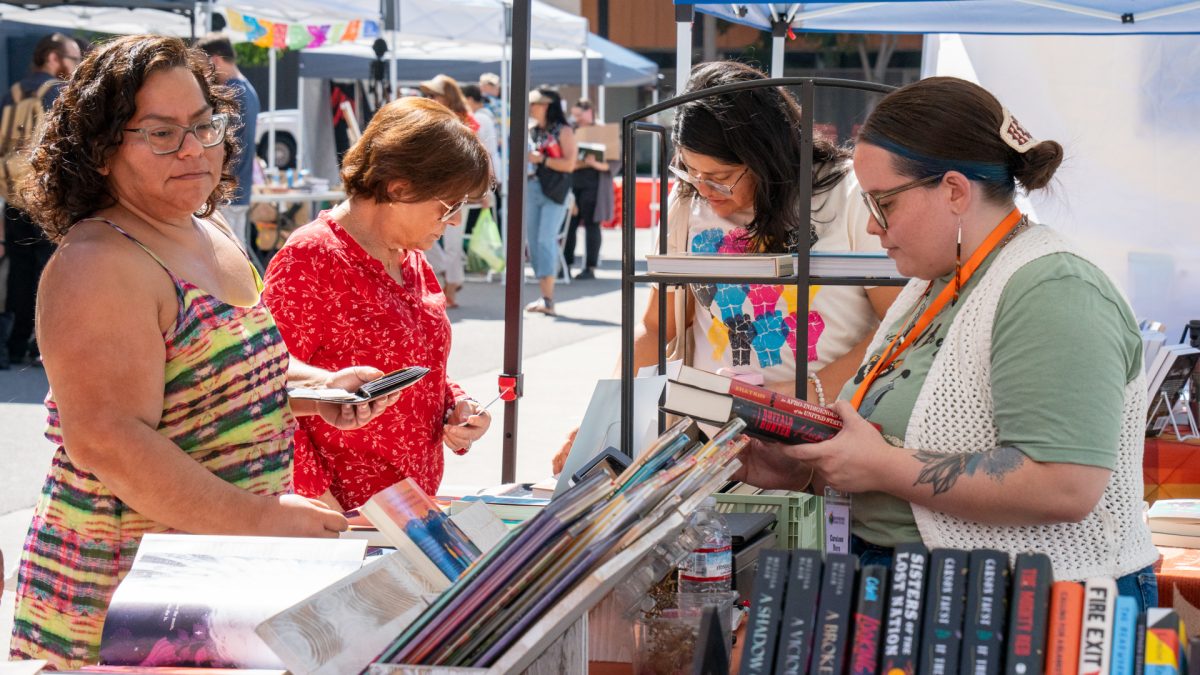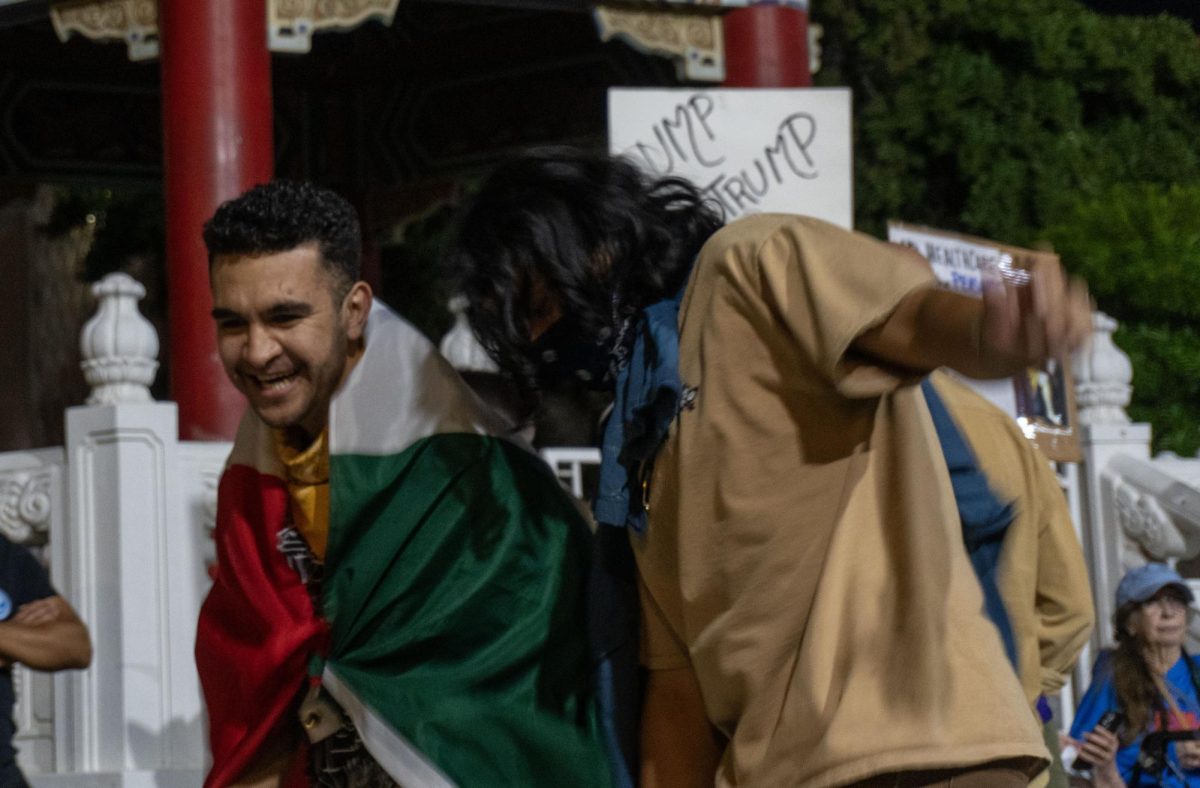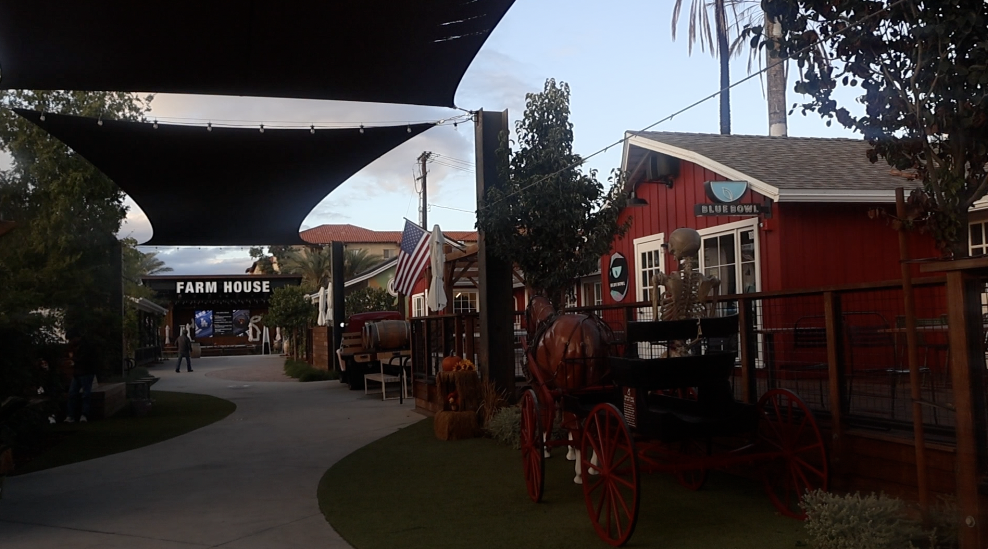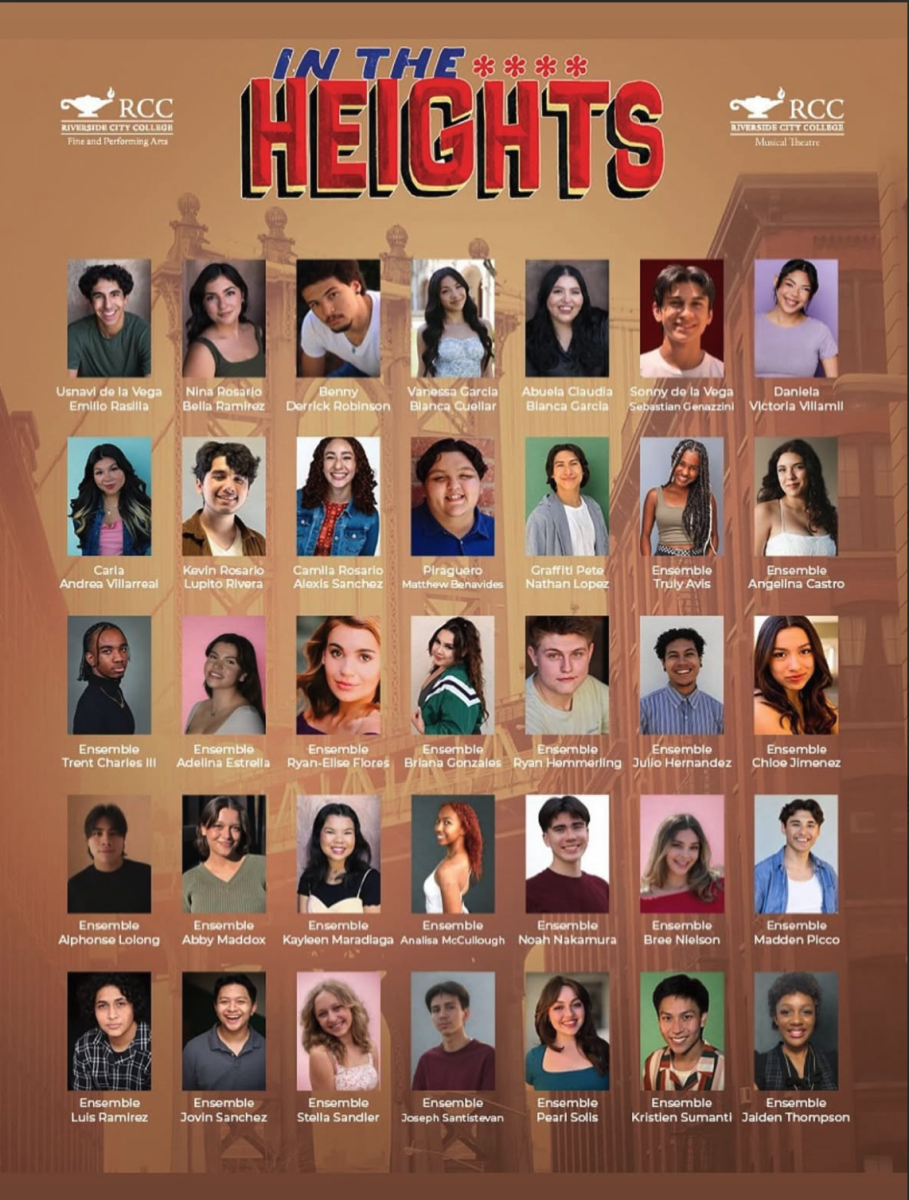The Asian Pacific Student Union took the stage and discussed the Filipino experience at the Rainbow Engagement Center, inside the MLK building on Oct. 21. The President of APSU Brylle Deseo and fellow member Jo Cruz were the representatives. The discussion included topics such as identity, racism and connecting with cultural roots.
Starting off with identity, it was a very prevalent topic throughout the one-hour discussion. Both Cruz and Deseo specifically talked about the expectations put upon them whilst living in Filipino households. They also acknowledged that most of the time, Filipino parents have a predetermined path for their children to follow.
They both expressed how this can be discouraging, as you’d be following someone else’s life goals, and not your own. Cruz mentioned however, that a person’s identity is important, regardless of the restrictions surrounding them
“Your dreams are valid, your identity is valid,” Cruz said.
The new generation of Filipinos was also discussed in terms of identity. Deseo mentioned his own personal experience of his little cousins saying they wanted to be something aside from a doctor or nurse, causing him to see the deviation from expectations as an inspiring evolution.
Deseo also gave props to the new gens for expressing their desires and aspirations. Even on the aspects of religion, Deseo mentioned that it’s becoming more autonomous and that Christianity isn’t being as forced upon as it used to be.
“They’re not being forced to be anything anymore,” Deseo said.
Moving towards racism, it was a focal point within both Cruz and Deseo’s upbringings. Cruz noted the experience of not only being a woman, but a Filipina American as a struggle, and finding it as a challenge of accepting her own self-worth.
“I struggled a lot with accepting my physicalities as a Filipina American,” Cruz said.
Cruz also mentioned that because of the racism she received, it also made it a struggle towards accepting her own kind of beauty.
Deseo’s experiences started as early as elementary school while attending in Perris, California. Deseo noted the population of Filipinos being smaller compared to modern day. Deseo also talked about the times where fellow students asked him to act “Filipino.”
These instances included asking Deseo to speak in Tagalog, the Filipino language. Deseo noted other times there would be racially charged questions asked towards him as well. As the only Filipino kid in his class, Deseo mentioned it to be more of an alienating experience, even at such a young age.
“I was already being forced to answer these questions that I wasn’t really comfortable with because I just wanted to be a kid,” he said.
However, good aspects came along with the bad. Deseo noted how students wanted to learn more about the Philippines, which was a positive experience. Cruz also mentioned the influence of music, films and theater being powerful platforms for displaying Filipino history.
“Something as influential as music, I think that’s something that could be of educational means,” Cruz said.
Filipino history ties back to the topic of being in touch with their cultural roots. Both Cruz and Deseo noted their personal experiences of tying back with their roots, with them also having been to the Philippines themselves. Deseo even mentioned that he was born there.
Deseo noted in his time in the Phillipines, that he was looked upon as the provider, since he was from America. Cruz’s experience in the Philippines was noted as eye-opening, as she was receiving positive looks in public, which was noted as a new experience since she never had that in America.
Both Cruz and Deseo mentioned an uptick in Filipino Americans learning more Tagalog, as they expressed most of the time that you’re just taught English. Cruz and Deseo both noted that they would teach their kids Tagalog. Deseo even gave high praise towards the language
“It’s such a beautiful language, even though it’s so complex,” Deseo said.
Cruz also noted that if she were to have a daughter, she would make sure herself worth wouldn’t be questioned. She also mentioned the immense pride that Filipinos take for their country.
“I don’t think it’s something to be ashamed about,” Cruz said.
Even with the personal struggles both Cruz and Deseo faced, they still preserved and kept the pride for their Filipino culture intact.

